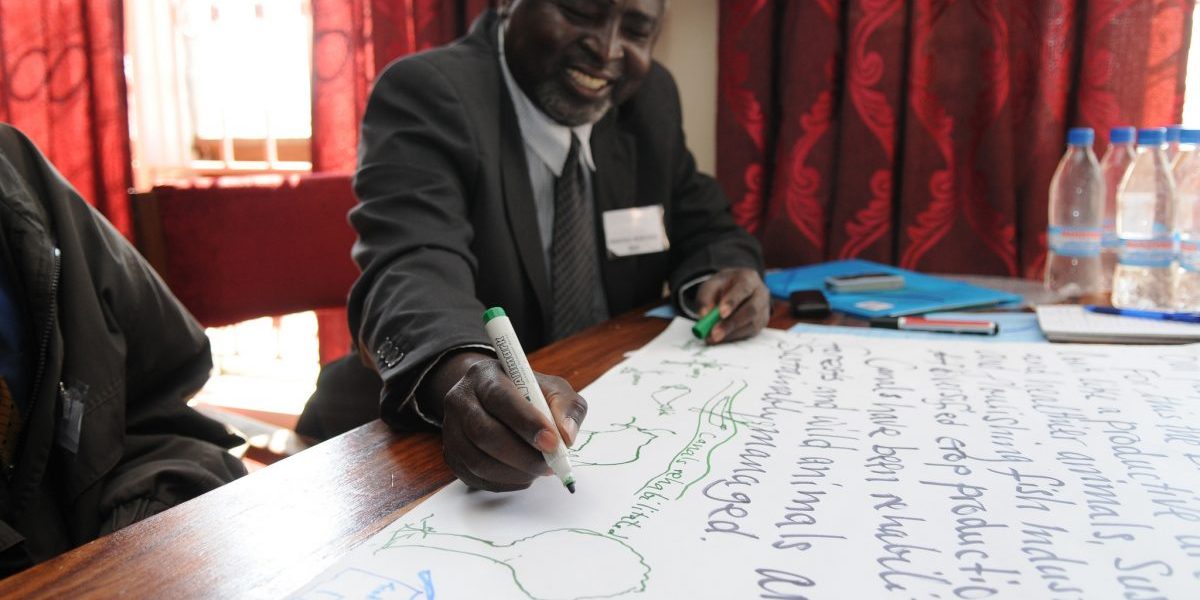MSIs operate on the premise that governance outcomes can be improved by increased transparency and enhanced stakeholder participation n policy reforms. The Accelerating Responsive Transparent Extractive Industry Resource Governance (ARTEIG) Project, implemented by Democracy International (DI) and the South African Institute of International Affairs (SAIIA) between October 1, 2016 and April 30, 2018, focused on three prominent MSIs: the African Peer Review Mechanism (APRM), the Extractive Industries Transparency Initiative (EITI), and the Open Government Partnership (OGP). These initiatives share principles of voluntarism, peer learning, and involvement of civil society. Openness and transparency are prioritized through the implementation of and adherence to common standards.
The aim of this project was to learn lessons from the three MSIs, explore their evolution and dynamics, and recommend ways of closer collaboration on shared objectives. In doing so, it also sought to inform the United States Agency for International Development (USAID) on how it could best engage with MSIs going forward.








